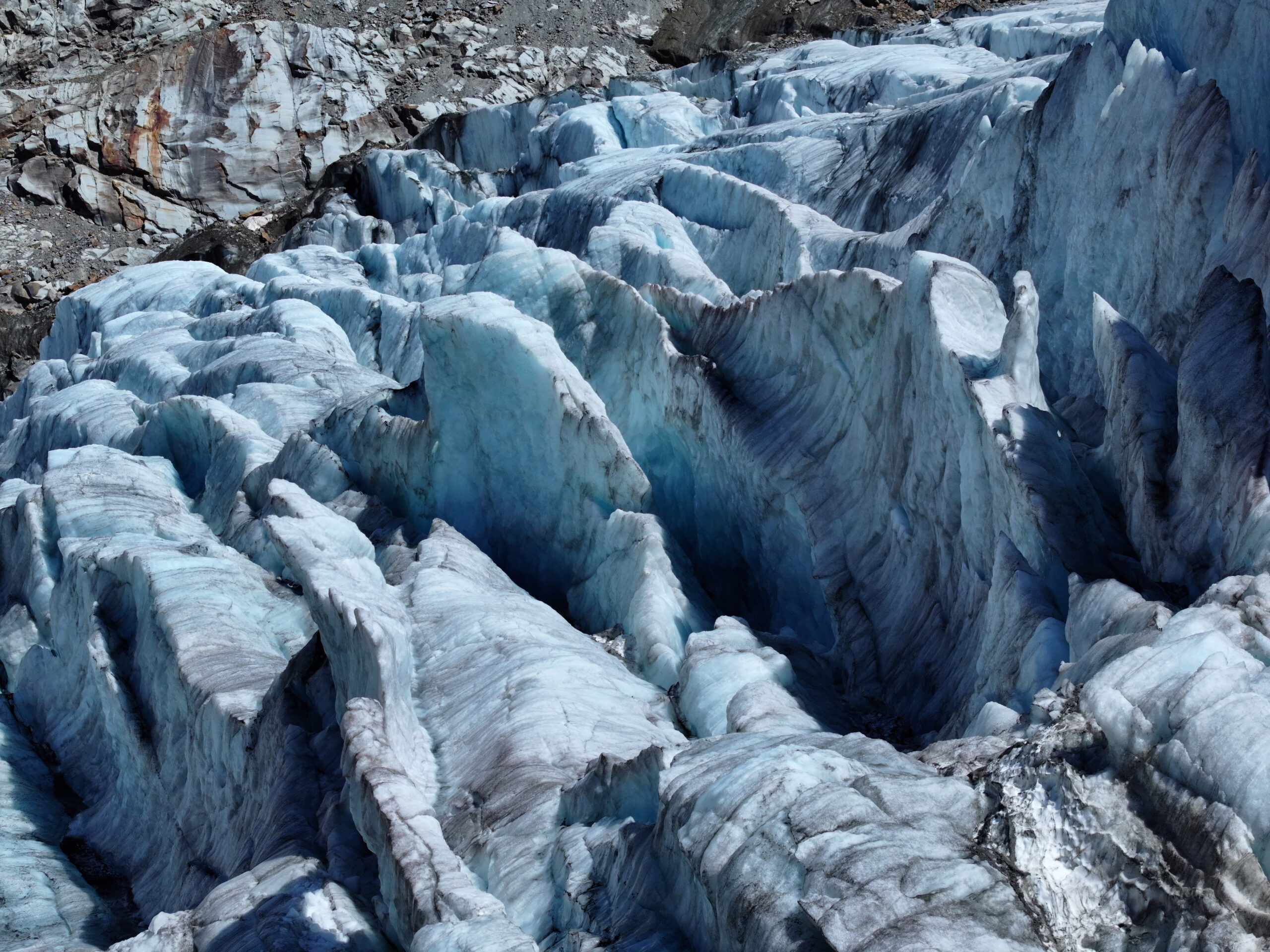
By The newspaper
29 Sep 2023, 01:45 AM EDT
Switzerland’s iconic glaciers have been in the spotlight and the news is far from reassuring.
A new report from the Swiss Glacier Monitoring Network (Glamos) reveals a devastating 10% reduction in the volume of the country’s glaciers in just two years.
This alarming trend raises concerns about the future of these majestic Alpine ice fields, even if climate goals are achieved.
Record ice losses
Glamos’ annual report reveals the harsh reality of the situation. This year alone, Swiss glaciers have experienced a 4% volume loss (the second largest decline on record) after last year’s shocking record melt, which saw a 6% reduction.
These Glamos statistics underline the urgency of the situation and have led glaciologists to issue a stern warning.
“It is terrible,” says the head of Glamos in his report, reflecting the concern surrounding this issue. The rapid decline is evident: Switzerland’s glaciers have lost as much volume in the last two years as they did during the three decades from 1960 to 1990.
This relentless trend is attributed to consecutive warm summers and a significant lack of snowfall during the previous winter. If these weather patterns persist, the rate of melting is expected to intensify, further endangering glaciers.
Small glaciers disappearing
The crisis is clearly illustrated by the disappearance of some of Switzerland’s smallest glaciers. Glamos stopped monitoring St Annafirn Glacier this year as there was no ice left to measure.
Others are shrinking at such an alarming rate that even adhering to the Paris Agreement goal of limiting global temperature rise to 1.5°C may not be enough to save them.
Even the largest glaciers, such as the Aletsch, which in some parts has ice thicknesses of up to 800 meters, are threatened. Experts warn that without a substantial reduction in greenhouse gas emissions linked to global warming, these largest glaciers could disappear within a generation.
Additionally, during the record heat of 2022, Swiss rivers became so hot and water became so scarce that fish had to be removed from them and placed in tanks to survive.
Keep reading:
· 2023 is about to become the hottest year ever recorded, warns Chinese study
· What is an anticyclone and why could it be responsible for the heat wave in Europe?
· Global temperature records have scientists alarmed
